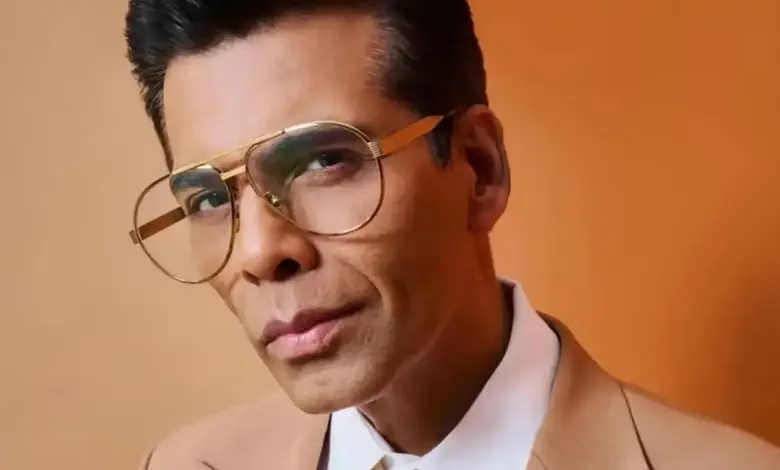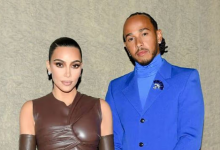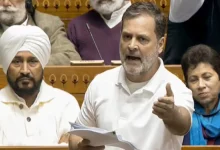Karan Johar Files for Personality Rights Shield in Delhi High Court

In a swift escalation of Bollywood’s battle against digital exploitation, filmmaker Karan Johar has filed a petition in the Delhi High Court seeking safeguards for his personality rights. The move aims to halt the unauthorized sale of merchandise bearing his name, echoing recent victories by fellow stars Abhishek Bachchan and Aishwarya Rai.
Johar’s legal action targets entities engaged in the illicit commercial use of his identity, a growing concern in an era dominated by online platforms and AI-driven content. Court filings indicate the plea seeks an injunction to prevent such misuse, preserving the integrity of his public persona built over decades in the industry.
This development follows closely on the heels of the Delhi High Court’s September 10 ruling in favor of Abhishek Bachchan and Aishwarya Rai. In that case, Justice Tejas Karia granted an ex-parte injunction, observing that the defendants had blatantly appropriated elements of Bachchan’s identity including his name, images, and signature through advanced tools like artificial intelligence. “These attributes are linked to the plaintiff’s professional work and associations in the course of his career,” the judge noted. “The unauthorised use of such attributes has the effect of diluting the goodwill and reputation associated with him.”
The court emphasized that Bachchan had demonstrated a strong prima facie case, with the balance of convenience clearly favoring protection. It underscored the broader principle of the right to publicity commonly referred to as personality rights which empowers individuals to control and monetize their name, likeness, or image against unauthorized exploitation.
The Bachchans’ lawsuit named a roster of online offenders, including merchandise sites such as Bollywood Tee Shop, Tee Public, Ice Poster, Top Pix, Wallpaper Cave, Wallpaper.com, GM Authentic Autos LLC, JS Sham Rock, and Etsy. YouTube channels like AI MH 39, Eat with Celebrities, Enjoy with Celebrities, All In 1, and Game with Giri were also implicated, alongside tech giants Google LLC, the Union Ministry of Electronics and Information Technology, and the Department of Telecommunications.
Johar’s intervention signals a unified front among Bollywood elites against the unchecked proliferation of deepfakes and knockoff products. As streaming services and e-commerce boom, these cases highlight the judiciary’s role in bridging traditional publicity laws with modern technological threats. Legal experts anticipate the court will apply similar reasoning to Johar’s petition, potentially setting precedents for other celebrities navigating the blurred lines of digital fame.




